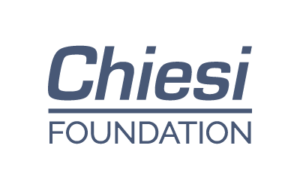The country
Ethiopia is a country in East Africa characterized by great geographical diversity. Its territory is predominantly mountainous, with the Ethiopian Plateau forming its heart. The Rift Valley, a vast tectonic depression, has shaped the landscape and given rise to volcanic lakes. This variety of environments has favored the development of rich biodiversity and different climatic zones.
As of 2023, Ethiopia’s population was approximately 128,691,692. Population growth is significant, with a population growth rate of 2.5%. The population distribution is predominantly rural, with 76% living in rural areas. Life expectancy at birth is approximately 66 years for men and 70 years for women.
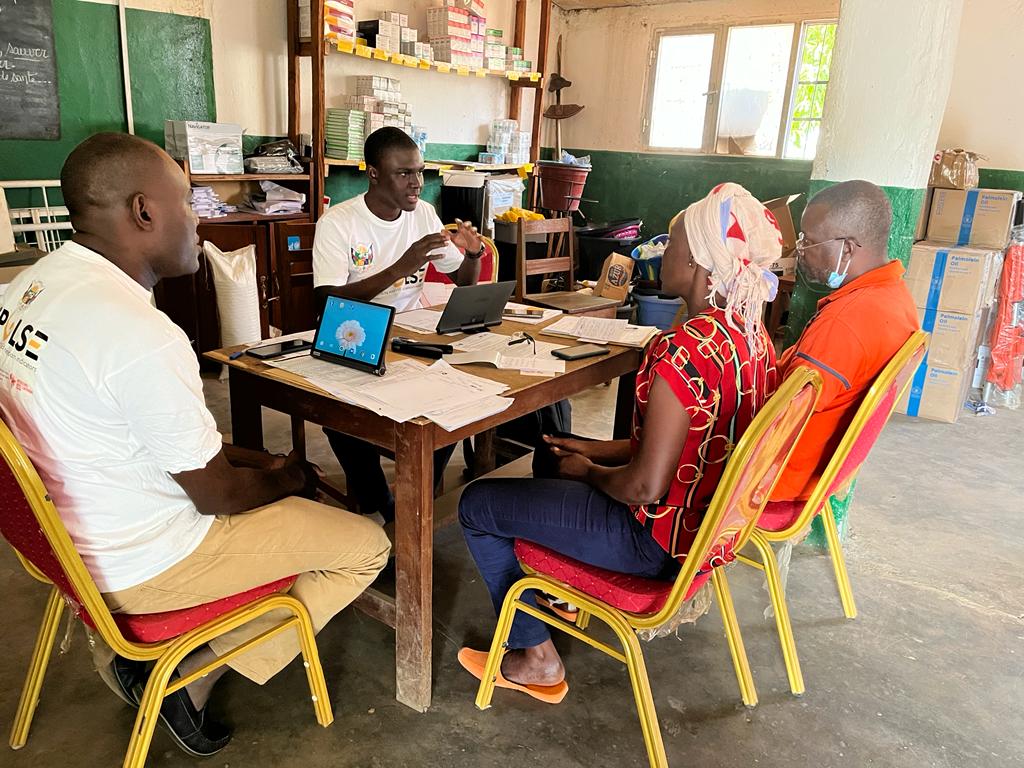
From a socioeconomic perspective, Ethiopia is a developing country. Agriculture, although the main sector of the economy, is highly dependent on rainfall and subject to recurrent droughts. In recent years, the country has experienced sustained economic growth, thanks to investments in infrastructure and economic reforms. However, social inequalities remain significant and poverty still affects large segments of the population.
Politically, Ethiopia has gone through a period of great transformation. After decades of authoritarian rule, the country has embarked on a path of democratization, characterized by political and economic reforms. However, ethnic and regional tensions pose a constant challenge to the stability of the country.
Ethiopia has achieved significant milestones in reducing child and maternal mortality, improving access to safe water and increasing immunization coverage. However, the health system is uneven across regions, with access to services more limited in rural and remote areas. Infectious diseases such as malaria, tuberculosis and HIV/AIDS remain endemic, and malnutrition is widespread, especially among children.
In 2022, Ethiopia’s neonatal mortality rate was approximately 27.1 deaths per 1,000 live births. This highlights the urgent need to improve neonatal care in the country, where access to quality health services is limited and resources are scarce.
(Source: data.who.int)
Ethiopia in numbers
Ethiopia in numbers
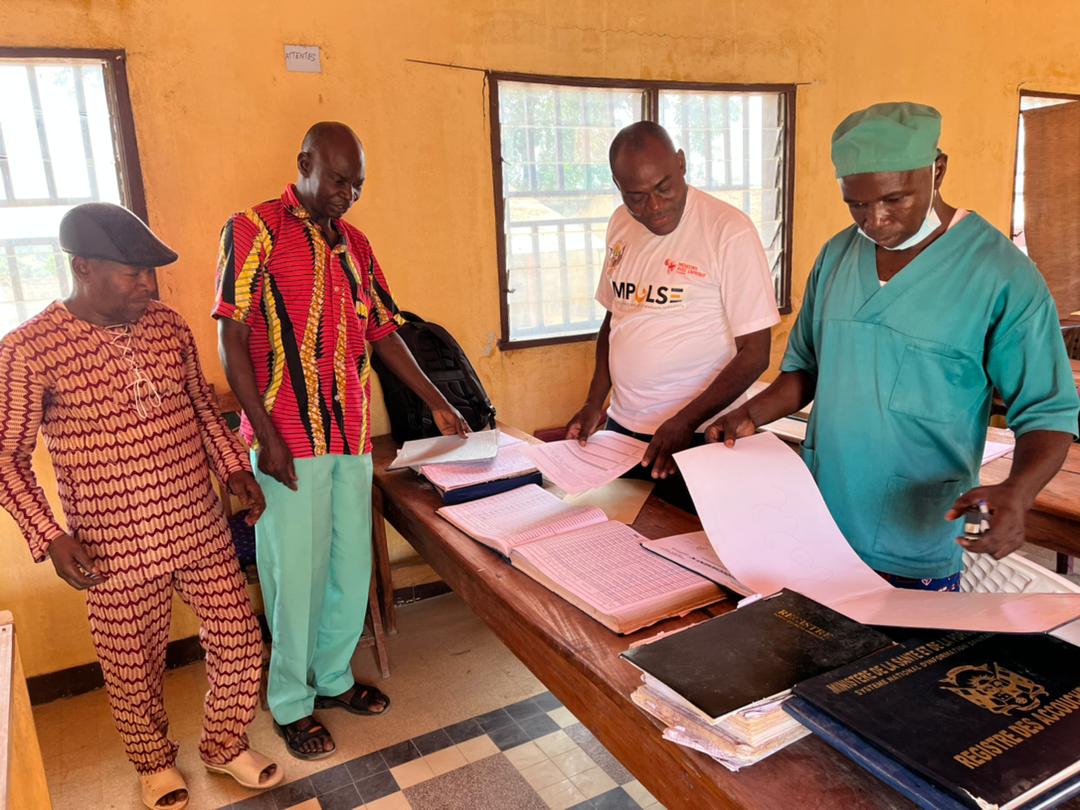
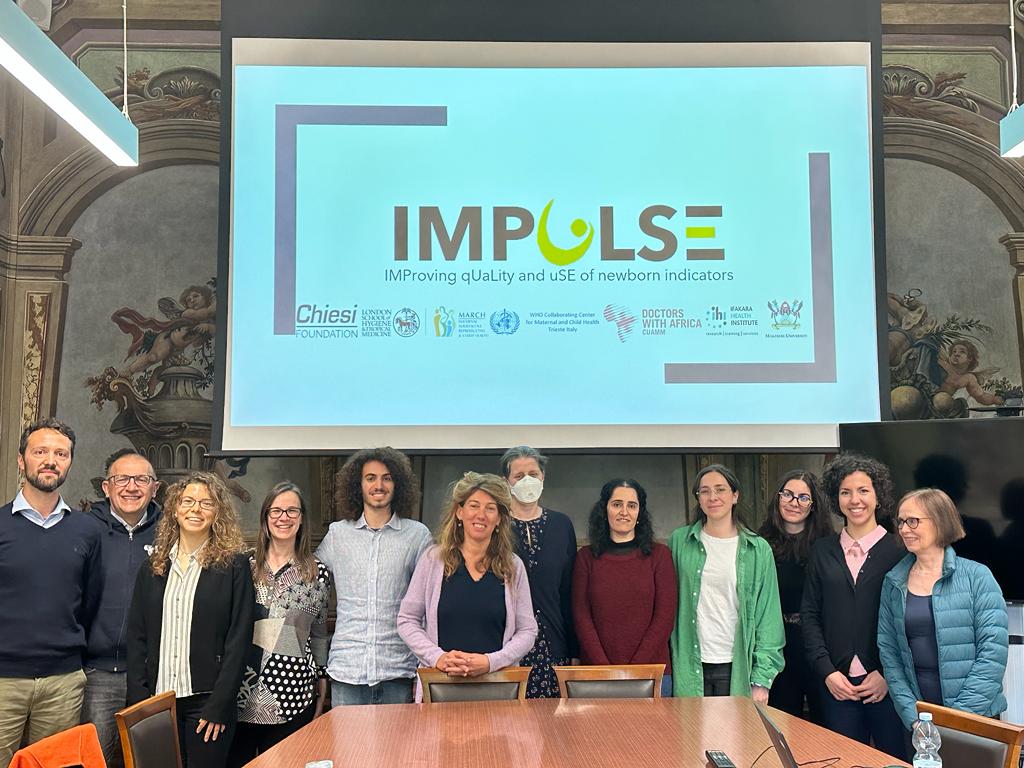
Our intervention
One of the main institutional purposes of the Chiesi Foundation is the promotion of medical-scientific research activities, with particular attention to the study of diseases in the respiratory or neonatology fields.
Launched in 2021, the IMPULSE (Improving Quality and Use of Newborn Indicators) project, supported by the Chiesi Foundation, has as its primary objective to generate scientific evidence on effective methods and tools to improve the quality of neonatal data in sub-Saharan Africa. This research project, implemented in Ethiopia, the Central African Republic, Tanzania and Uganda, aims to contribute to the improvement of the health and well-being of newborns, especially small and sick newborns admitted to neonatal units.
Since the project started, important milestones have been achieved. After defining the first phases and selecting the research teams in the different countries, the data collection and analysis were carried out.
During 2023, data collection was completed in all the countries involved and the first analyses began. In parallel, a “Theory of Change” model was developed that will outline the future actions of the project. This model, the result of a broad consultation process with all the actors involved, was approved by the Management Board of the Chiesi Foundation.
The results obtained so far by the IMPULSE project demonstrate the importance of investing in research to improve the quality of neonatal care in low-income countries. Thanks to this project, it will be possible to develop more effective tools and methodologies to monitor and evaluate the quality of care provided to newborns, thus contributing to reducing infant mortality and improving the health of new generations.
Our intervention
One of the main institutional purposes of the Chiesi Foundation is the promotion of medical-scientific research activities, with particular attention to the study of diseases in the respiratory or neonatology fields.
Launched in 2021, the IMPULSE (Improving Quality and Use of Newborn Indicators) project, supported by the Chiesi Foundation, has as its primary objective to generate scientific evidence on effective methods and tools to improve the quality of neonatal data in sub-Saharan Africa. This research project, implemented in Ethiopia, the Central African Republic, Tanzania and Uganda, aims to contribute to the improvement of the health and well-being of newborns, especially small and sick newborns admitted to neonatal units.
Since the project started, important milestones have been achieved. After defining the first phases and selecting the research teams in the different countries, the data collection and analysis were carried out.


Since the project started, important milestones have been achieved. After defining the first phases and selecting the research teams in the different countries, the data collection and analysis were carried out.
During 2023, data collection was completed in all the countries involved and the first analyses began. In parallel, a “Theory of Change” model was developed that will outline the future actions of the project. This model, the result of a broad consultation process with all the actors involved, was approved by the Management Board of the Chiesi Foundation.
The results obtained so far by the IMPULSE project demonstrate the importance of investing in research to improve the quality of neonatal care in low-income countries. Thanks to this project, it will be possible to develop more effective tools and methodologies to monitor and evaluate the quality of care provided to newborns, thus contributing to reducing infant mortality and improving the health of new generations.
